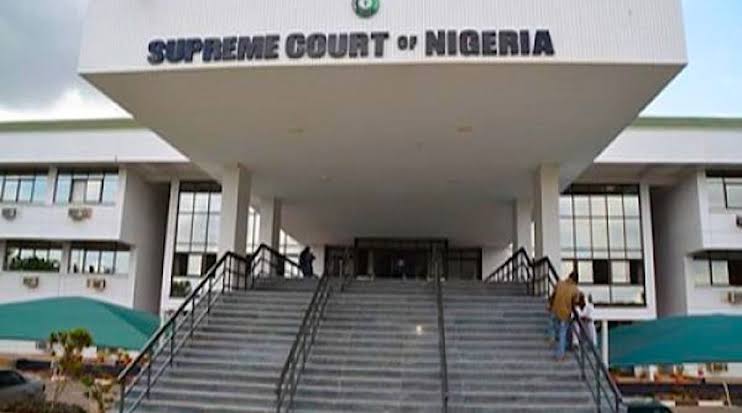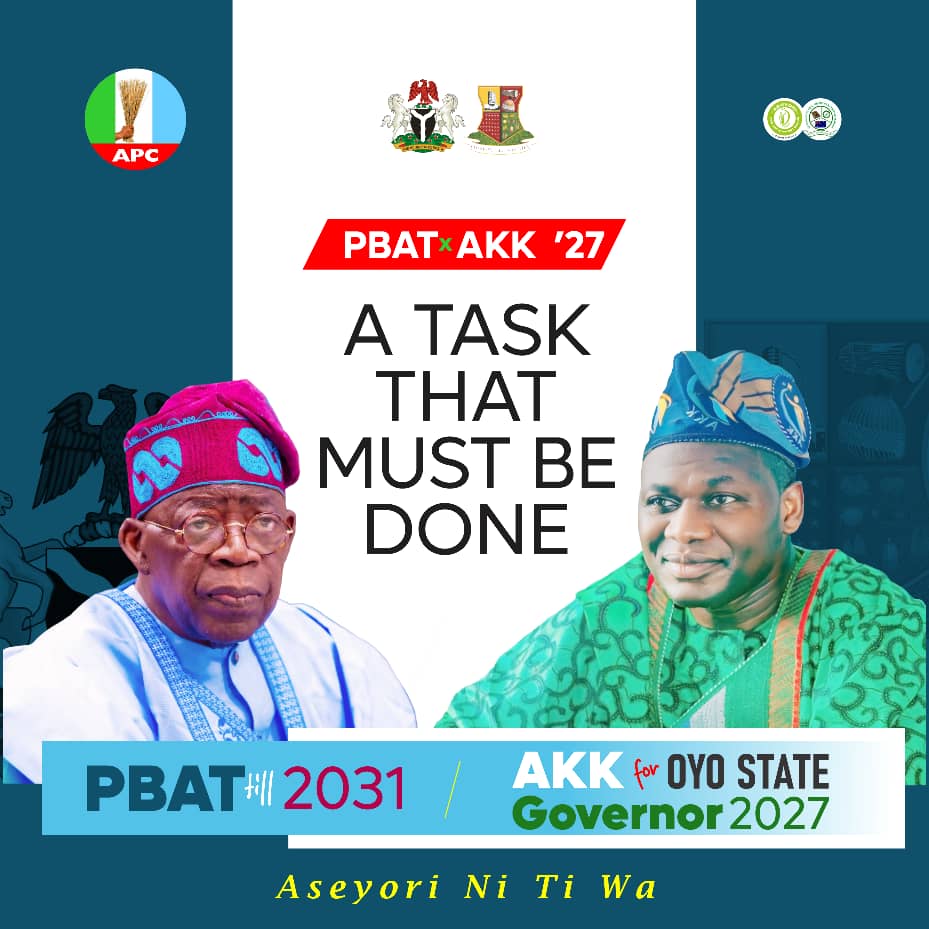

Local government autonomy in Nigeria has been extensively one of the most debated issues in the country’s federal system. The local government is constitutionally recognised under Section 7(1) of the 1999 Constitution, which guarantees a system of local government by democratically elected councils. The Fourth Schedule of the Constitution outlines their functions, including the provision of markets, local roads, sanitation, parks, and other grassroots services. In principle, therefore, local governments are expected to be independent and functional units of governance closest to the people. In practice, however, their autonomy has been severely undermined for decades by state government control over finances, administration, and elections.

A significant turning point came on July 11, 2024, when the Supreme Court of Nigeria delivered a landmark judgment affirming the financial autonomy of local government councils. The court ruled that the 774 LGs should receive their statutory allocations directly from the federation account. By implication, it declares the long-standing practice as unconstitutional, where state governors held and disbursed funds through the joint state–LG accounts. This decision was hailed as a victory for democracy and grassroots development, as it sought to end the diversion or misappropriation of local funds by state governments. Following the judgment, there has been a growing national consensus in favour of strengthening LG independence. Even the Nigeria Governors’ Forum, which had historically resisted full autonomy, has publicly supported reforms that promote administrative and financial independence for councils.
This piece raises the debate on the quest for LG autonomy in Nigeria from judicial victory to governance reality, therefore proffering solutions from theoretical perspectives. The 2024 Supreme Court judgment granting financial autonomy to Nigeria’s 774 LGs has been widely celebrated as a landmark decision, yet its implementation has encountered numerous challenges. One of the most significant obstacles is the unabated political resistance from state governors, many of whom have been reluctant to relinquish control over local government funds. Despite the court’s clear directive that allocations should be paid directly to local councils, some states continue to channel funds through the joint state–LG accounts or create new administrative bottlenecks to maintain influence over local finances. This resistance has prompted the Federal Government to threaten contempt charges against errant governors.

Another major issue stems from constitutional ambiguity—the 1999 Nigerian Constitution still treats local governments as creations of the states, granting governors substantial oversight powers that conflict with the spirit of the court’s decision. Consequently, several states have enacted local government laws that undermine or reinterpret the ruling. A recent example is Anambra State, where the State House of Assembly passed the Anambra Local Government Administration Law, 2024, which, despite adopting the headline of complying with the Supreme Court of Nigeria judgment, includes provisions that effectively retain state control over local government allocations. For instance, the law mandates that federal allocations to LGs in Anambra State should firstly be deposited into a state-joint LG account overseen by the state government and allows the state to deduct a specified percentage before disbursement to the councils.
Furthermore, institutional and capacity weaknesses at the local level have raised concerns about the effective management of funds. Many councils lack strong financial systems and transparency mechanisms, creating fears that direct funding might lead to corruption or mismanagement rather than improved governance. Implementation has also been slow, as numerous local governments have not yet opened independent accounts with the Central Bank of Nigeria, while clear operational guidelines for fund transfer, auditing, and oversight remain undeveloped.

Additionally, the reluctance of some state governments in 2024 to discontinue the use of caretaker committees instead of elected councils undermines the democratic legitimacy of local administrations, which is essential for true autonomy. Critics further argue that the ruling could inadvertently centralise power at the federal level, weakening Nigeria’s federal balance by sidelining state governments. Overall, while the Supreme Court judgment marks a significant step toward empowering local governments, its success has been curtailed by political resistance, legal contradictions, administrative incapacity, and uneven implementation across the federation. True autonomy will require not only judicial backing but also constitutional reform, political commitment, and stronger governance structures at the grassroots level.
Despite this judicial and political progress, local government autonomy in Nigeria remains partial and inconsistent. While the Supreme Court’s verdict addresses the financial aspect, administrative autonomy is still limited. Many state governments continue to interfere in local government affairs by controlling recruitment and staff deployment, and determining which projects are implemented.
Furthermore, the 1999 Constitution still gives states considerable control over LG structures and operations, creating a legal contradiction between guaranteed autonomy and state oversight. Beyond legal and political obstacles, capacity challenges also hinder true autonomy.
Most LGs depend almost entirely on federal allocations, as their internally generated revenue remains low due to weak administrative structures and limited economic activities at the local level. Issues such as corruption, poor planning and poor accountability persist, leading to ineffective service delivery and eroding public confidence. Even with direct access to funds, without transparency and institutional reforms, there is a risk that financial autonomy could simply shift corruption from state capitals to local council headquarters.
Addressing the challenges confronting the implementation of the 2024 Supreme Court judgment on LG autonomy in Nigeria requires a combination of institutional, administrative and political reforms, guided by sound theories of governance and public administration. Several theoretical frameworks—decentralisation theory, fiscal federalism, good governance theory, public choice theory, and new public management—offer useful lenses for diagnosing the problems and crafting workable solutions within Nigeria’s federal context. More remarkably, each provides a lens for diagnosing the root causes of Nigeria’s local government dysfunction and for formulating sustainable solutions that can translate constitutional ideals into practical governance outcomes.
To begin with, decentralisation theory emphasises the transfer of authority, resources, and responsibilities from higher to lower levels of government to improve responsiveness, accountability, and service delivery. Nigeria’s local governments, though recognised in the Constitution, have remained largely dependent on state governments due to ambiguous constitutional provisions and political interference. For true decentralisation to occur, there must be constitutional clarity that explicitly defines local governments as a distinct and independent third tier of government rather than as administrative extensions of the states. This would require amending Sections 7 and 162 of the 1999 Constitution to eliminate the joint state–LG account and guarantee direct financial transfers.
In addition, democratic decentralisation demands that all local governments be administered by democratically elected councils, not caretaker committees. Regular, credible local elections supervised by an independent body—either the Independent National Electoral Commission or an autonomous state–local electoral commission—would strengthen local legitimacy and public trust. Moreover, decentralisation must be accompanied by capacity building to empower local officials with the skills and resources needed to manage their responsibilities efficiently.
Closely related to this is fiscal federalism, which provides a framework for the equitable and efficient allocation of financial powers among the tiers of government. The Supreme Court’s directive for direct funding to local governments aligns with this principle, but autonomy without accountability can lead to fiscal indiscipline and corruption. Therefore, there is a need to institutionalise mechanisms for financial transparency and oversight. Establishing a Local Government Fiscal Responsibility Commission could ensure compliance with budgetary standards, auditing, and fiscal prudence. Local councils should also strengthen their IGR base through improved tax collection systems, property registration and partnerships with the private sector.
Introducing performance-based grants would further encourage fiscal responsibility, as councils meeting governance and service-delivery benchmarks would receive additional federal support. These measures, rooted in fiscal federalism theory, would balance autonomy with accountability while promoting equitable development across regions.
The good governance theory offers another valuable framework for addressing the administrative and ethical challenges facing local governments. Good governance rests on principles of transparency, accountability, participation, efficiency, and adherence to the rule of law. Applying this theory would mean promoting citizen participation in local decision-making through mechanisms such as town hall meetings, participatory budgeting, and community development committees. It also requires open budgeting systems and the publication of financial reports to enable citizens and civil society organisations to monitor local expenditures. Strict enforcement of anti-corruption laws, mandatory audits, and prosecution of erring officials would help to restore public trust. By embedding good governance principles into local administration, local councils can move beyond political patronage and begin to operate as transparent and service-oriented institutions accountable to their constituents.
Equally significant is the public choice theory, which explains how politicians and bureaucrats often pursue self-interest rather than the public good, leading to inefficiency and corruption. In Nigeria’s context, this theory highlights the tendency of state governors and local elites to capture local government institutions for political or financial gain. To counter this, there should be institutional checks and balances that prevent undue interference from higher political actors. The creation of a local government ombudsman would allow citizens to report abuses and maladministration.
Furthermore, merit-based recruitment, competitive elections, and professionalisation of the local civil service can help reduce nepotism and improve administrative efficiency. The public choice approach underscores the need to design incentive structures that align officials’ interests with public welfare, ensuring that autonomy leads to improved governance rather than greater abuse of power.
The new public management model also offers practical strategies for improving the efficiency and service delivery of local governments. NPM advocates for performance-oriented, customer-focused, and technologically driven governance. Applying this model would involve introducing strategic planning, performance measurement, and result-based budgeting at the local level. Local governments can adopt e-governance systems for financial management, citizen feedback, and service tracking, thereby reducing bureaucracy and corruption. Collaboration with the private sector through public–private partnerships can also improve the delivery of services such as waste management, education, and healthcare. Training local administrators in project management, data-driven decision-making, and digital finance systems will further enhance professionalism and efficiency.
Finally, the theory of cooperative federalism suggests that the success of local government autonomy depends on a harmonious relationship among the three tiers of government. Rather than viewing autonomy as a competition, Nigeria can adopt an intergovernmental cooperative model through the establishment of a National Council on Intergovernmental Relations, composed of representatives from federal, state, and local governments. This council would serve as a platform for resolving disputes, harmonising fiscal policies, and coordinating development planning across the federation. Such cooperative mechanisms would promote policy coherence and minimise the tensions that often arise from overlapping responsibilities and resource sharing.
Summarily, the realisation of full local government autonomy in Nigeria requires a holistic reform approach guided by sound governance and administrative theories. Decentralisation and fiscal federalism can ensure genuine transfer of power and resources; good governance and public choice theories can strengthen accountability and ethical leadership, while new public management and cooperative federalism can enhance efficiency and intergovernmental harmony. By embedding these theoretical principles into constitutional, institutional, and administrative practice, Nigeria can transform its local governments into effective agents of grassroots democracy and sustainable development—thereby making the 2024 Supreme Court judgment not just a legal milestone, but a genuine turning point in the country’s democratic evolution.
In essence, Nigeria has made progress in securing local government autonomy, especially with the 2024 Supreme Court judgment, but the journey is far from complete. Real autonomy must go beyond finance to encompass administrative independence, democratic legitimacy, and institutional capacity. Until local governments can manage their own staff, conduct free and fair elections, generate sustainable revenue, and deliver services effectively, autonomy will remain largely theoretical. The future of local governance in Nigeria, therefore, depends on political will, constitutional reforms, and a deliberate effort to strengthen accountability at the grassroots. Only then can local governments truly become the third tier of government envisioned by the Constitution as responsive, transparent, and capable of driving genuine development from the bottom up.
In conclusion, the challenges confronting the implementation of the 2024 Supreme Court judgment on local government autonomy in Nigeria are deeply structural, political and administrative. Overcoming them requires not just judicial pronouncements, but a governance transformation rooted in decentralisation, fiscal federalism, good governance and public sector modernisation. These theories collectively advocate for a system where local governments are financially independent, administratively competent, politically accountable, and development-oriented. By combining constitutional reforms with institutional strengthening, capacity development, and participatory governance, Nigeria can transform its local governments from passive recipients of funds into active agents of grassroots development and democratic consolidation.
Lamidi is an associate professor in the Department of Local Government and Development Studies and vice-dean, Faculty of Administration, Obafemi Awolowo University, Ile-Ife, writes via akandekande@oauife.edu.ng